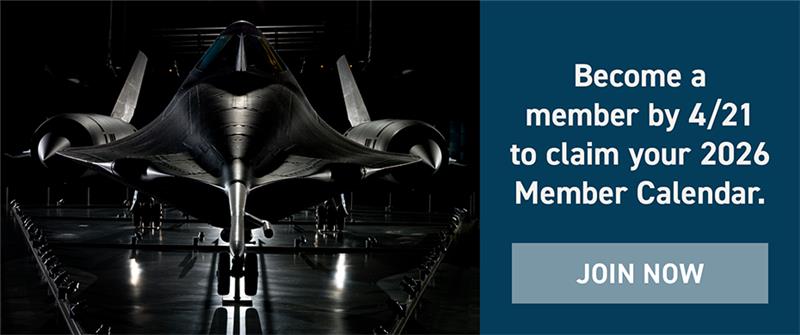
Stories of daring, stories of technological feats, stories of prevailing against the odds ... these are the stories we tell at the National Air and Space Museum. Dive in to the stories below to discover, learn, and be inspired.
Showing 51 - 60 of 288

October 19, 2022
To honor his passing at the age of 93, curator Jennifer Levasseur reflects on the life of two-time astronaut Gen. James A. McDivitt and his connection with the Museum.

September 22, 2022
Are you a lover of all things lunar? Here are three hidden gems from the Destination Moon exhibit you won’t want to miss.
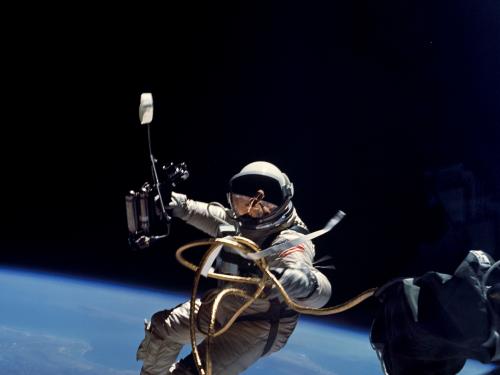
September 22, 2022
There would be no Apollo program without the Gemini program, which took place in between the Mercury and Apollo programs from 1964 to 1965.
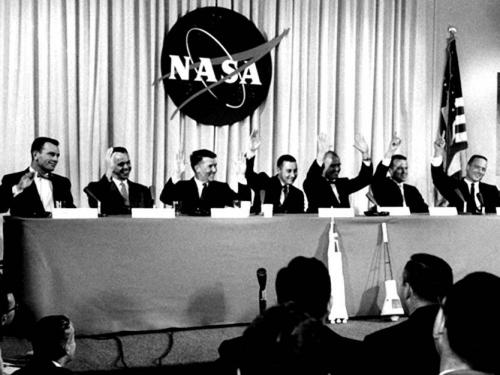
September 22, 2022
In the late 1950s, he United States and the Soviet Union were locked in a competition for global influence and prestige—the Cold War—and began to compete on a new frontier: space. Both nations started programs to send humans into space. In the United States, that program was Project Mercury.
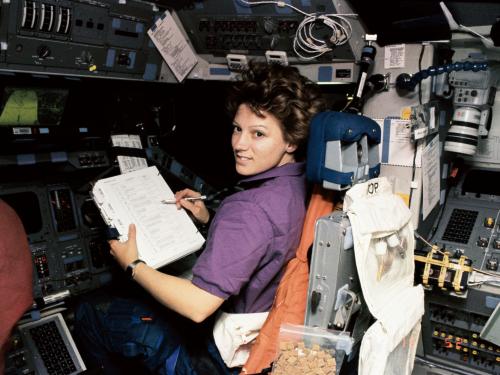
September 21, 2022
Eileen M. Collins, a retired U.S. Air Force colonel, was the first woman to be the pilot on a NASA space shuttle flight. She recently spoke with Air & Space Quarterly senior editor Diane Tedeschi.

September 21, 2022
If you've heard the famous line "Houston, we've had a problem," you may be wondering: just who exactly is Houston?
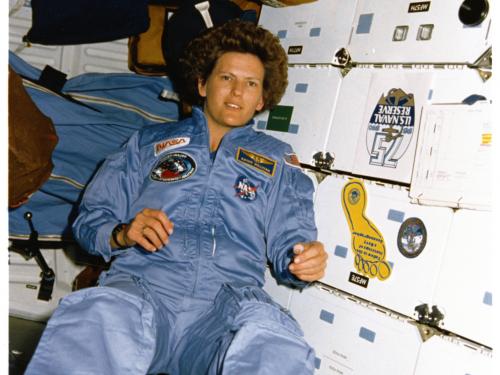
September 17, 2022
Beyond Kathryn D. Sullivan's years as an astronaut, she ventured into many other fields of work and study. Sullivan is a trained scientist with a Ph.D. in geology, who has conducted extensive oceanographic research on the floors of the Atlantic and Pacific Oceans. She has also served in the U.S. Naval Reserve (USNR) and as the National Oceanic and Atmospheric Administration (NOAA) Administrator.

September 08, 2022
Sleeping in space goes back almost as far as there have been people in space (specifically, a cosmonaut who caught some shuteye in 1961). Astronauts have slept in capsules, shuttles, space stations, and even on the Moon. Sleep is an important part of an astronaut’s health, particularly for longer duration missions. But from noisy crewmates to spaceship sounds and even the sheer excitement of it all, sleeping in space hasn’t always been easy. To find out what it’s really like we speak with former astronaut Mike Massimino who relates his shuttle sleeping experience to a big slumber party. We’re catching Zs in zero-G, today on AirSpace.

August 25, 2022
In 1971 an Apollo 14 astronaut took about 500 tree seeds into orbit around the Moon. When he got back, those seeds were distributed, germinated, and planted all around the United States. And then… they were mostly forgotten about, even by NASA. That is, until the mid-1990s when a teacher at a Girl Scout camp in Indiana wondered what was up with this “Moon Tree” at her local camp. On this episode, we speak with the NASA planetary scientist who received her question, and as a result, started a database to track down the Moon Tree locations. Today, there are 67 known, living, first generation Moon Trees all over the United States – maybe even in your town!

August 12, 2022
Curator Jennier Levasseur explores how astronauts have looked down at Earth during missions ranging from Apollo to the International Space Station expeditions.
